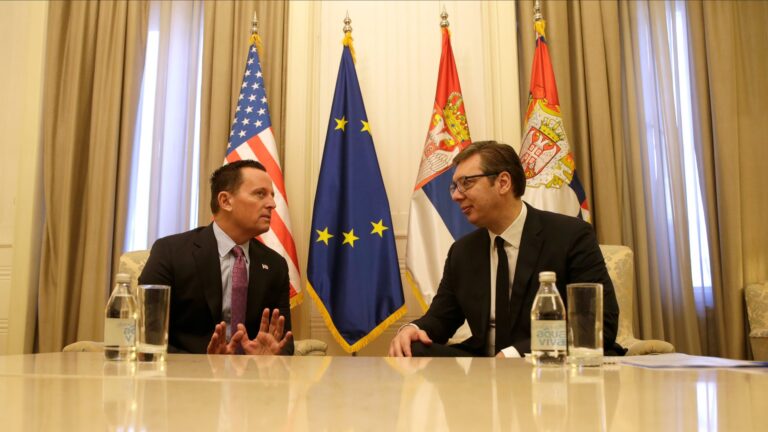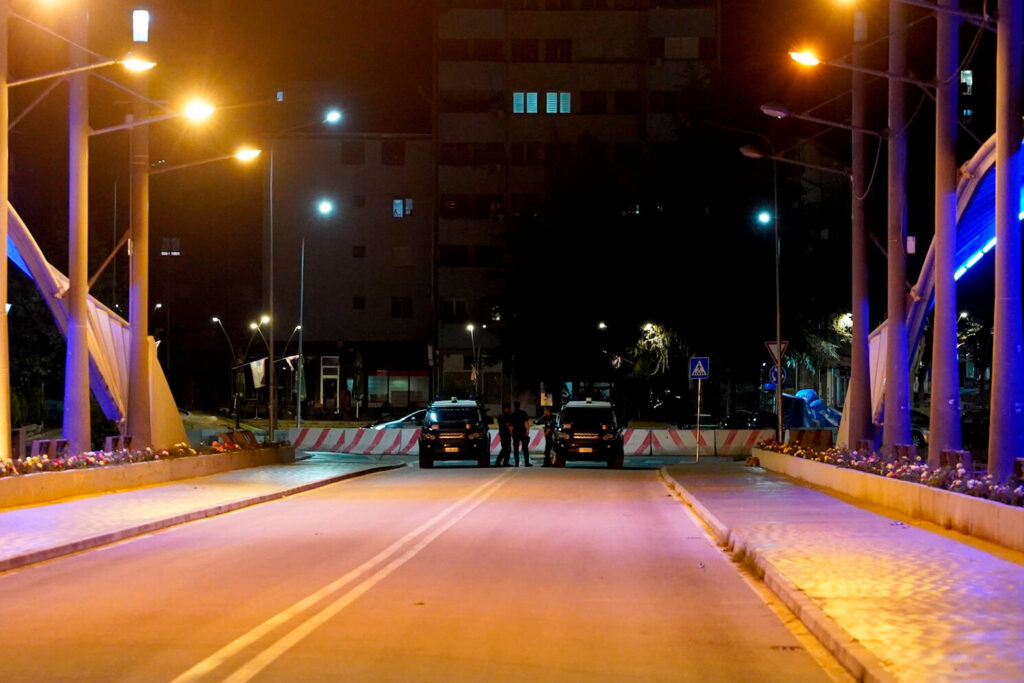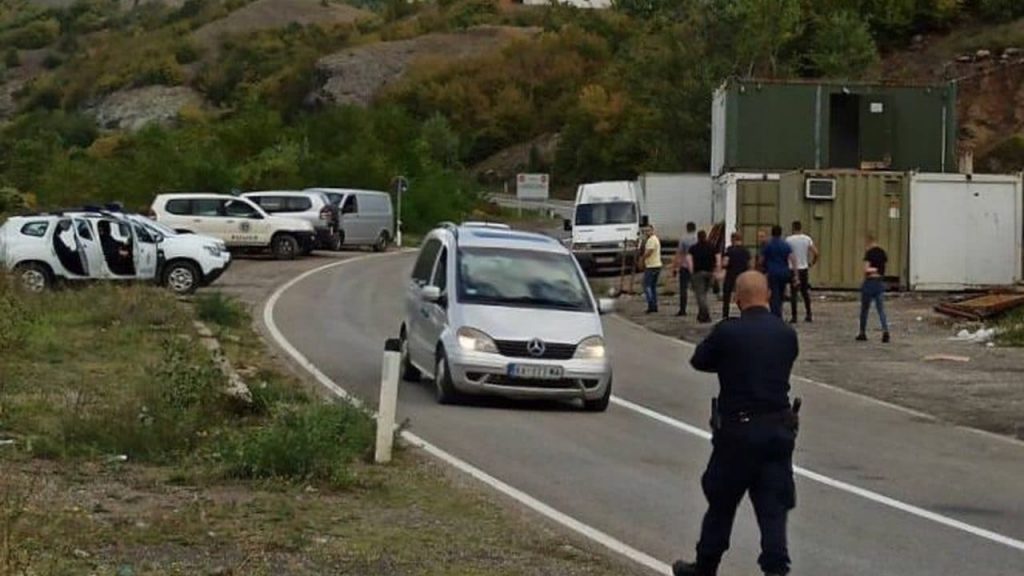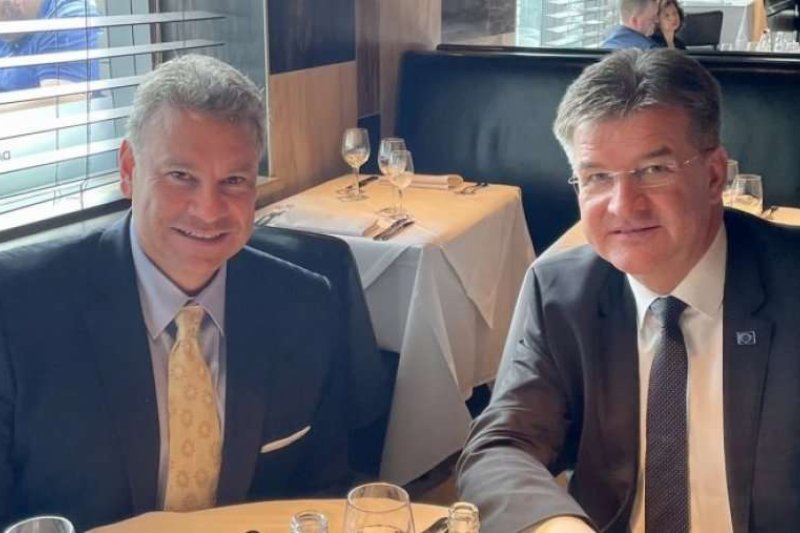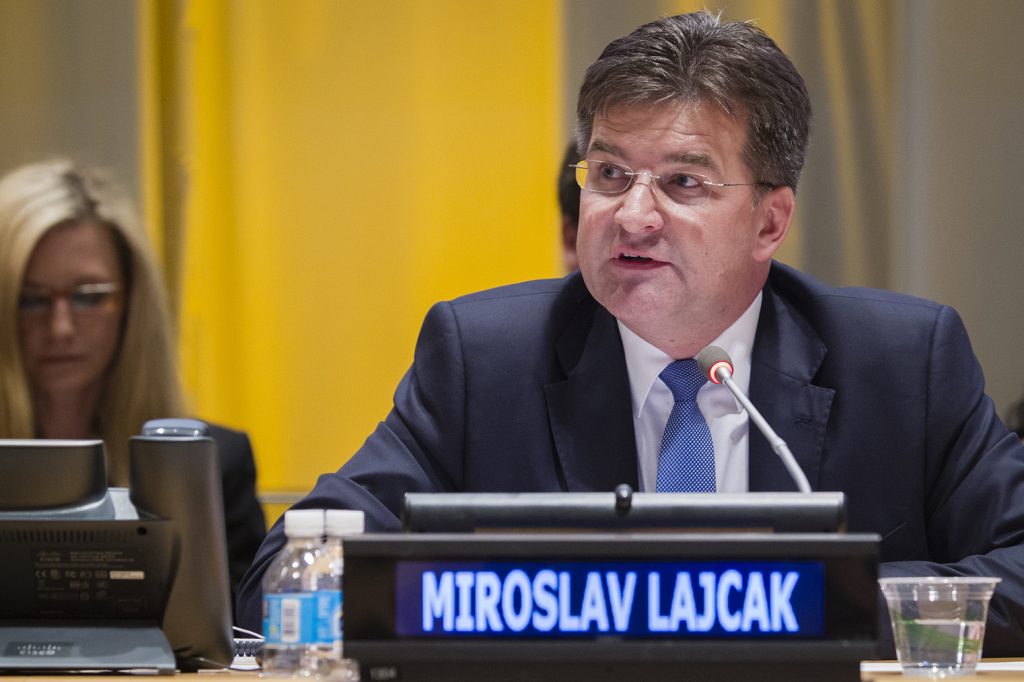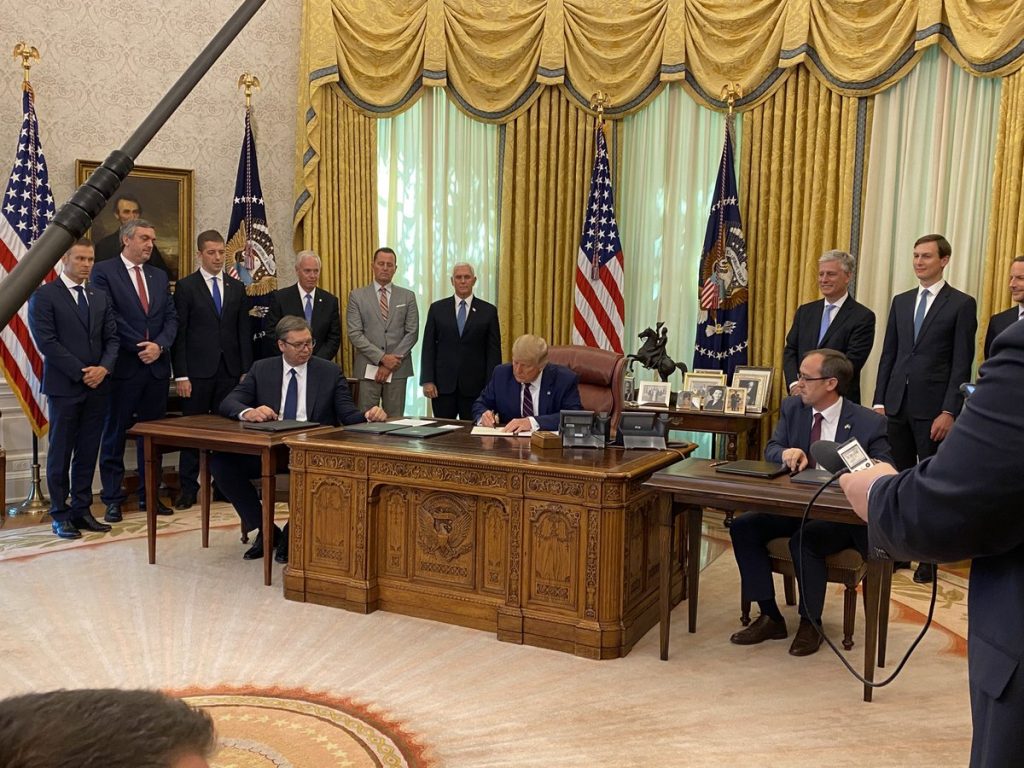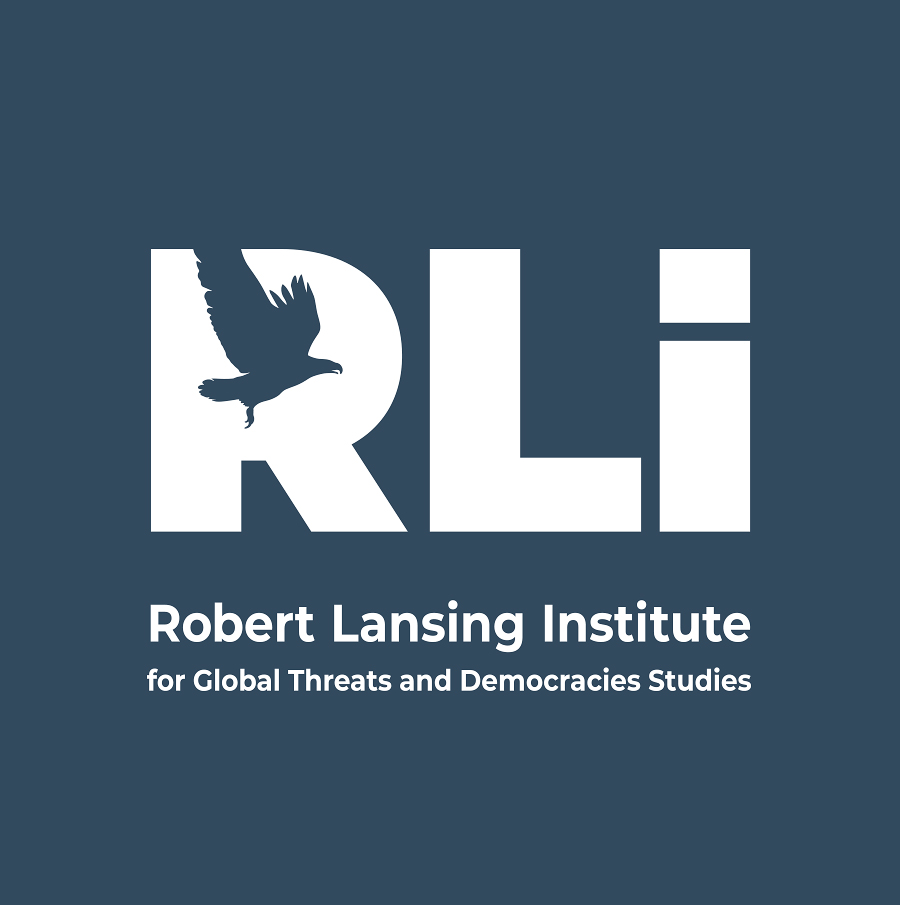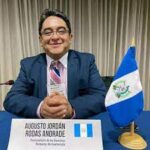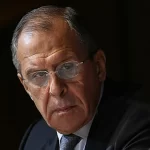The ongoing tensions in the north of Kosovo, have once again activated the American diplomacy to push the processes forward in the dialogue between Kosovo and Serbia. Respectively, this time the whole focus is on the implementation of all agreements signed between both parties. Kosovo and Serbia have an agreement on free movement since 2011. An agreement which Serbia did not implement and as a result Kosovo then demands a measure of reciprocity in the implementation of this agreement.
It has been six months now that we are experiencing change in the course of security in the world, since the beginning of the Russian aggression against Ukraine. We are also witnessing some attempts by Russia to spread conflict in other areas, with particular emphasis on the Balkans, because it is easier here, of course, through Serbia. A visit of the Serbian interior minister and the Russian foreign minister recently took place in Moscow, of course the topic of discussion was the issue of Kosovo, in a time of tension between Kosovo and Serbia, the latter chose to consult with Moscow before. Kosovo and Serbia, since 2001, continue the dialogue for the normalization of relations, with the mediation of the European Union (EU), but there is still no good result, which would exclude the conflict.
This was also proven last month, when the Government of Kosovo made a decision to apply reciprocity measures with Serbia, for personal documents and license plates. The decision meant that citizens of Serbia entering Kosovo, from August 1, would be provided with a temporary declaration form that would replace the documents issued by Serbia, since Serbia has been doing the same thing for the citizens of Kosovo since 2011.
As a consequence of this decision, organized groups of local Serbs barricaded the roads leading to the two border points with Serbia, Jarinje and Bërnjak. The situation was tense and the work of Kosovo’s institutions was hindered. On the other hand, Serbian President Aleksander Vucic victimized barricades organizers, declaring that Serbian citizens living in Kosovo have never been more endangered. The question arises from whom? From the barricades that they set up themselves, or from Vucic, who used them to create such situations that drag out the process of dialogue and normalization of relations between the two countries. The Serbian citizens of Kosovo, in normal circumstances, would have to obey the laws and regulations of the state in which they live.
However chaos was caused, and is still ongoing. Last month, it was the American ambassador in Pristina, Jeffrey Hovenier, who requested the postponement of the implementation of the reciprocity measure for one month, and his request was accepted by the institutions of Kosovo. But now that September 1 is closer, the date when the decision of the Government of Kosovo on reciprocity measures with Serbia is expected to be implemented, meetings with the Kosovar and Serbian sides are being held by the delegate of the United States of America for the Western Balkans, Gabriel Escobar and the EU Special Representative for the Belgrade-Pristina Dialogue, Miroslav Lajçak.
From what has been seen so far, the main purpose of this visit is the extension of the current situation and the commitment of both parties that on September 1 there will be no violence. But for this it is necessary that all agreements will be implemented, including formation of the Association, this is what Escobar requested. While there are a few days left until September 1, Kosovo and Serbia have few options left to overcome the current crisis, one of the options was mentioned in the last round of dialogue that took place in Brussels on August 18 between the Prime Minister of Kosovo, Albin Kurti and Serbian President Aleksander Vucic. A three-month postponement of the decision on reciprocity from the Kosovar side has been mentioned as likely to happen, but this would also mean moving the problem to another time, perhaps more unfavorable for both parties. Another option that has been mentioned is that both parties will give up providing citizens with a temporary declaration form, recognize the documents, which in principle means implementation of the agreement on free movement, signed in 2011. The latter would pave the path towards the normalization of relations and the continuation of dialogue, but as a version, it seems less likely that it will happen.


